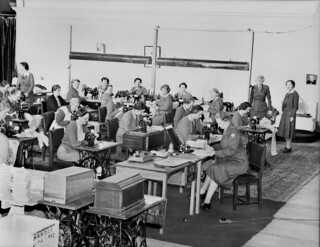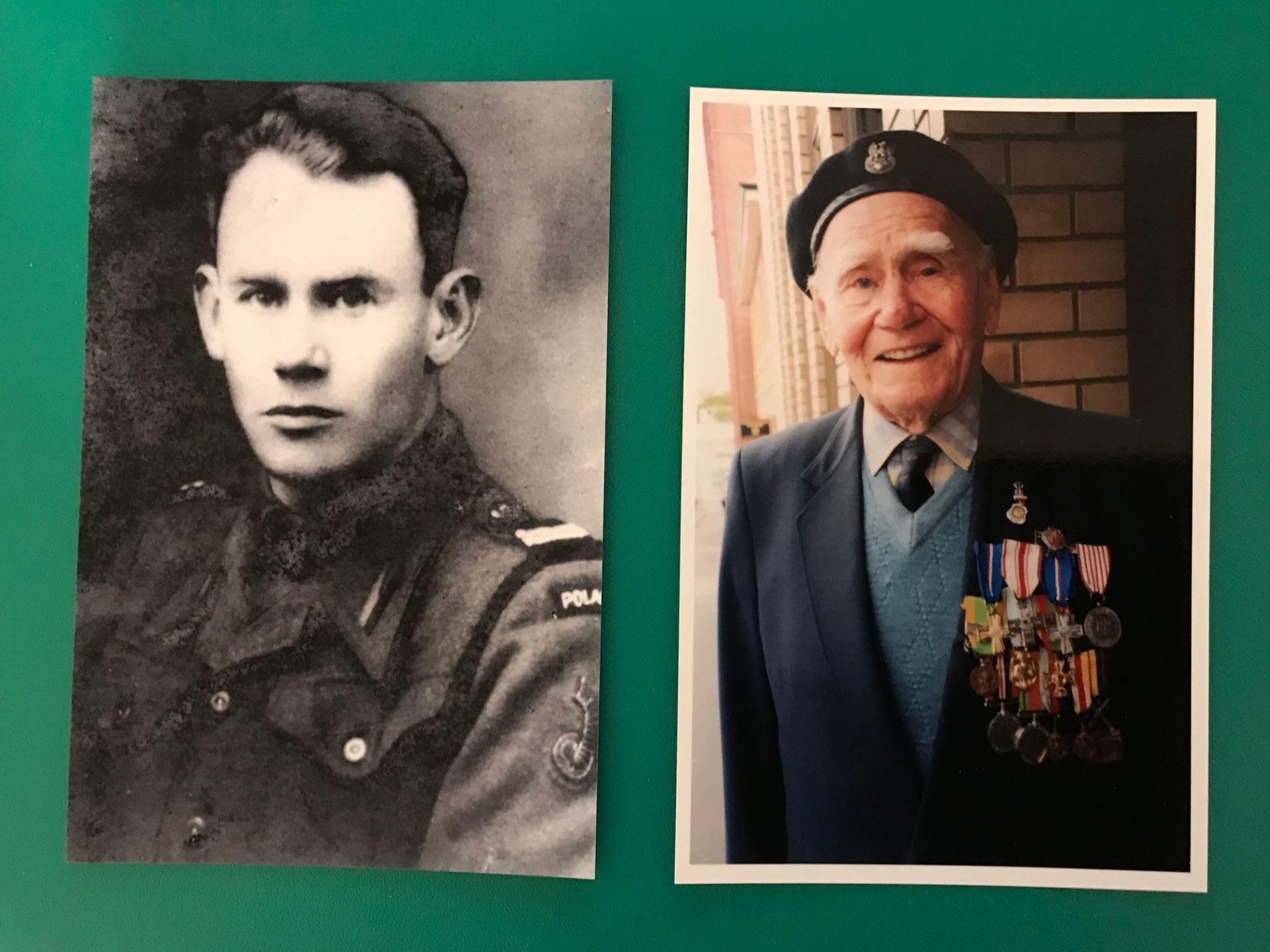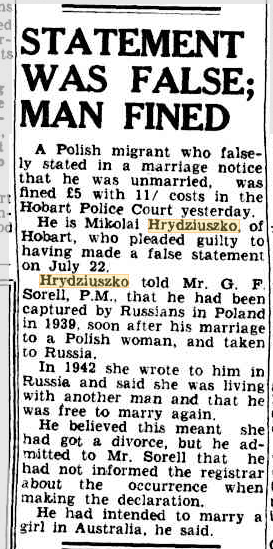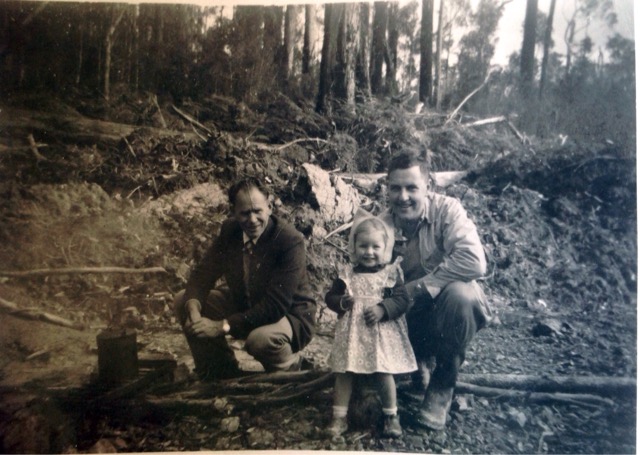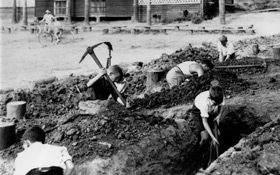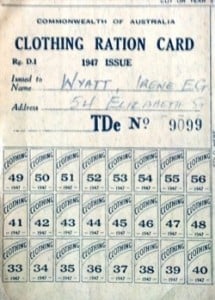With Remembrance Day being 11th November here in Australia and New Zealand, tonight the chat was totally about military – records, websites, resources, blog posts
The four questions were:
- What records, repositories, books, diaries or military histories have you used to research your military ancestors?
- Have you researched ancestors in other wars eg Vietnam, Korea, Boer war, Crimea or even Napoleonic war.
- What non-military service did your family members give during war time?
- Have you inherited any special memorabilia or discovered an unusual story about your service people?
So today’s post is going to be a lot of links to websites and resources for researching your ancestors in the military. Then we will look at some personal memories and finally blog posts and books to read and videos to watch.
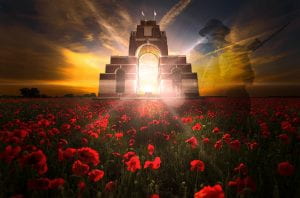
Websites and resources
Australian military
Australian War Memorial records including:
- Red Cross Missing persons files– these are in over 200 boxes
- Rolls of honour
- Commemorative roll
- Nominal Rolls
- Honours and awards – mainly from Vietnam
- War diaries
- AIF war diaries
- Official history volumes
- First World War history with links to other sites
- Diaries of CEW Bean
- Glossary of terms used
- Indigenous service
- Researching a person
- Researching a unit
- Researching an event
- Understanding military structure
- Australians at war – overview
- Encyclopedia of articles on AWM site
National Archives of Australia records including:
- World War 1 AIF records includes links to other records
- Other service records including soldier settlement, court martials
- Repatriation files – just type your soldiers name in the search collection box
- General fact sheets for NAA
Canadian Military
War grave registers on Ancestry
Military Heritage at Libraries and archives
New Zealand military
- Archives New Zealand – all their war data
- Search for a person on Archives New Zealand
- Auckland Cenotaph online – search for individuals
- Chinese ANZACs in New Zealand
- New Zealand Electronic Text Collection
- Remembrance Day NZ
Other countries and general resources about war
Commonwealth War Graves including:
- search for a person
- search for a cemetery or memorial
- an app for cemeteries if you are travelling
- war graves photographic project
Red Cross
- Prisoners of war WWI includes actual digitized documents, also requests for other wars
- British Red Cross Volunteers and hospitals
British Military Forces
- British Army WWI service records
- UK military records – lots of links
- National Army Museum with lots of links
- Old Royal Naval College at Greenwich
- British forces in India
- India office records
- Family Search British records
- Great War Forum
Great websites about WWI in general
- 1914-1918 online gives links to many other websites
- Cora Num’s links to military websites
- Lancashire celebrates WWI
- Through These Lines – nurses – check out the research area
- Long Long Trail – fantastic site for British army plus battlefields, camps, hospitals
- AJCP – Australian Joint Copying Project
- AIF – search for a defence force person here
- Anglo Boer war website
- Boer War Memorial Canberra
- Exploring the London Blitz through maps of bomb sites
Holocaust searching
- Steve Morse – Dachau Concentration Camp Records
- Steve Morse Auschwitz Prisoner Photos
- Holocaust Survivors and Victims Database
- Research Services
- http://www.jewishgen.org/
Personal memories
Hilary: I found the best resource was looking at who got the effects of those who lost their lives
Pauleen: remember to check Facebook groups for POW camps and POWs
Merron: I have found the names of around 500 men & women connected to Hamilton, Vic who enlisted and written bios of around 150. My usual starting point is The AIF Project. Easy to search, can search by town and results give lots of info. I also use Monument Australia for honour boards, @UkNatArchives as some enlisted with the British forces including a number of nurses I have researched.
Hilary: we have a photocopy of a letter sent to my grandmother from her brother before he died, original with orphanage where she was living
Brooke: I was reading a unit diary. I very quickly formed an attachment to the writer. Suddenly it stopped. I was heartbroken.
Pauleen: My father’s cousin was MIA then KIA in Korea. I have researched his service history and the documents around it, and the unit diaries. When I blogged about him I received comments from people who knew of him.
Sue: I have one ancestor in the militia rolls in Bedfordshire in the 1700s I think. Was found for me by another person in Bedfordshire while I found out about her convict in Tassie
Maggie: I’ve researched the first husband of my gg grandmother who died during the First Anglo/Boer war. I found a book online that detailed how he died
Margaret: I’ve not found anyone in those wars but have in the American Wars. One possibly in the Crimea. I’m looking at the Napoleonic Wars next for some of my family.
Jill: Just remembered I found lots about an Australian soldier in local newspapers at The British Library as his mother lived in a small town in England and they reported on him.
Pauleen: I had forgotten that a Kent relative had served in the Maori wars. Any Kiwis with relatives they’ve traced to these?
Maggie: A ggg grandfather was in the Taranaki Militia that fought at the Battle of Waireka in 1860. Want to research more, even if I won’t like what I find
Brooke: I also have a very Jane Austen scenario. In 1793 the Staffordshire militia marched to Devonshire and was finally quartered at Plymouth. Edward Holmes of the militia married a local girl Charlotte Masters. My 5th great-grandparents.
Fran: My mother and her 2 sisters worked on the land north of where they lived in Wellington, NZ. There was a big USA camp nearby. This lead to my mother marrying a US soldier.
Brooke: An Anzac I’ve written about was a prolific letter writer and appeared to have a buddy at the local paper. So many of his letters were published, providing a first-hand account of his experiences.
Jennifer: There are a few WW1 and WW2 nurses in our family. An aunt was in the land army in WW2
Jill: I find reading fiction set in the war years give a good insight into life during those periods
A3. My gg aunt helping to raise money for the French Red Cross during WW1 #ANZAncestryTime pic.twitter.com/YYpXun0fgA
— Maggie @ iwiKiwi (@iwikiwichick) November 10, 2020
Merron: For Victorians, check @PRO_Vic for probate files of soldiers who died. I have found amazing letters between a soldier and a woman who gave birth to his baby after his departure in his probate file. They were used to prove her right to be a benefactor.
Hilary: not sure what my grandfather did during WW2 but he worked at the docks and was probably busy helping to load and unload ships
M. Smith: My English grandfather was in St John’s in his home town in WW1 and in the Heavy Rescue Unit in WW2 and went to Coventry when it was bombed.
Margaret: What counts as non-military service? My parents sent food parcels to the UK. When I was born, I was sent a soft toy as a gift. They used the wood boiler for hot water, saving electricity.
Sue: I had a few who were given exemptions during WWI as they had to look after elderly parents or was only son to work the farm.
Pauleen: My dad, and both grandfathers worked for the railway and so were essential services. Dad told me how he supervised some Italian POWs doing labour for the railway in WWII
ANZ: I think all contributions and sacrifices counted. Some families got heavily involved with fund raising or making walking sticks while their sons (usually) were away.
Brooke: So glad you asked this question. In WW2 my grandfather, a carpenter/joiner for Australasian United Steam Navigation Company (AUSNC) in Sydney, was required to adapt ships to be troop carriers.
Pauleen: My mother was a volunteer with the Women’s Air Training Corps and the Volunteer Air Training Corps doing plane spotting at Brisbane during WWII. My grandfather enlisted in WWI when they called for experienced railwaymen to work on the lines to the Western Front.
Jennifer: I just had a memory of the letters I wrote to a soldier in Vietnam War when I was 13. I was given his name by a minister because he had no family to send him mail
Jill: My Mother was a social butterfly who worked in the GPO and from her photo albums I can see that she and her 4 sisters spent a lot of time entertaining the troops through the ANZAC House younger set
Sue: My mum remembers her father digging a bomb shelter for them in Sandy Bay and helping to dig the trenches at Albuera Street School. Also have some ration cards from WWII belonging to my grandmother.
Margaret: My father was away some of the time as he was at Featherston POW camp. He features in the book that was written about the incident!
Brooke: I want to do more research on reserved occupations. The lists changed as the war went on depending on need. There was badge issued to show they weren’t cowards. Does anyone have a reserved occupation badge from their ancestor?
Paul: one branch of my family served as Auxiliary Fireman and including my Great Aunt who sadly lost her life in the largest ever loss of life in one incident for the London Fire Brigade
#ANZAncestrytime A4 I inherited my Great Uncle John Daniels ‘Button Stick’ which was mounted and framed and handed down to me pic.twitter.com/Zy4jfgpBoB
— Paul Chiddicks (@chiddickstree) November 10, 2020
Pauleen: I have inherited WWI medals from my grandfather Denis Joseph Kunkel. They will be passed on to my grandchildren
Carmel: we have my husband’s father’s pilot log book WW2
Jill: I have Dad’s kit bag, a pair of his khaki shorts, his medals and some photos. I have quite a collection of photos from Dad’s time in the army. The pictures from Tarakan are particularly interesting. In contrast I have a collection of a distant ancestor’s memorabilia including honours medals and the invitation to his investiture at Buckingham Palace.
Brooke: When I received my grandfather’s WW2 records I discovered he was AWOL… a lot! His excuse was priceless…he had to sing on the radio to earn money to pay off a debt. (I don’t know how to determine the truth of this. Old recordings from radio station?)
Jennifer: My father never applied for his medals. He arrived in Japan at the end and was there for peacekeeping and felt he didn’t deserve them. I was able to get them for him but he was still not interested. Said he felt like a fraud accepting them
Jill: I just wish my father would have talked about his war experiences. Like many returned men he just didn’t open up
M. Smith: One of my most favourite books is Helene Hanff’s book “84 Charing Cross Road” set in WW2. It gives a great insight into life in England from a US point of view. Great humour too.
Jennifer: The Lost Girls of Paris by Pam Jenoff is the last one I read. Another recent release war novel set in Paris The Paris Seamstress by Natasha Lester
Blog posts and books to read and videos to watch and photos to see
- Pauleen’s blog – Private Moran, Red Cross cards and Vatican Records, Volunteer air observer, Erle Victor Weiss, Pentland brothers
- Sue’s blog – Children’s memories WWII, Uncle Mike Polish Soldier,
- Jill’s blog – Francis Jollie Gowans, Lest we forget,
- Merron has written about the WWI people from Hamilton in the Western District of Victoria, also about Ernest Gamble‘s backpack
- Jennifer has reposted from a previous year – Two brothers and a cousin
- Paul wrote about the button stick
Carmel’s book recommendations for WWII background
Jill’s book recommendations with war as a tag
Monash 100 Stories video collection – Sue’s blog posts relating to the Future Learn Course WWI – 100 stories videos
Digital New Zealand – search for camps eg Trentham
Different Flickr accounts for images: The Commons, National Archives Australia, Great War Archive,
Readers: You might like to answer one of the questions we were asked in last night’s twitter chat.


